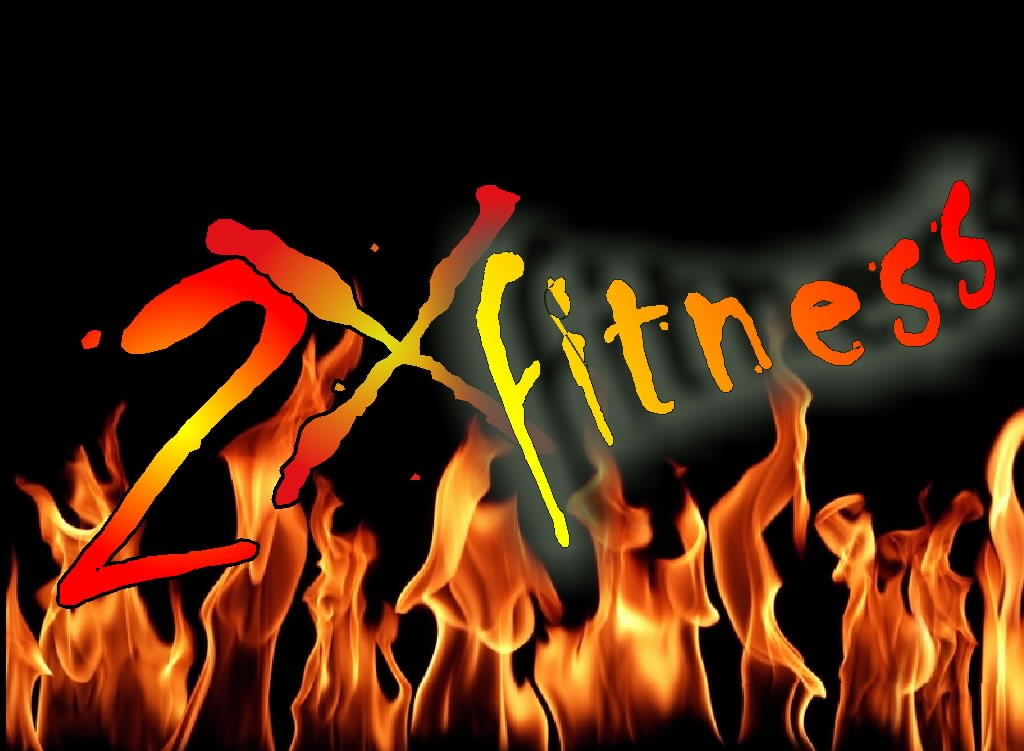The Flab 5: Why We Gain Weight as Adults
by Marlene Harris, NSCA-CSCS
Everyone has heard the term “middle-aged spread”, but I’ve seen precious few discussions on all of the elements that contribute to this most vexing malady of adulthood. I’ve seen all the following 5 items mentioned in singular, but never as a cumulative list. Just as the elements that lead to our success are multi-faceted, so are the elements that challenge us. So, without further ado, here are 5 fundamental reasons (beyond just plain poor diet and inactivity) why we can pack it on over the course of our adult years:
1). Our body’s systems have stopped growing. Growth in terms of structure and bodily systems stops in late teens-early 20’s, thus we need less calories for maintenance after that point. Sorry, but we can’t do anything about this reality, except for maintain our lean body mass (muscle) through resistance training, burn extra calories through other physical activity, and adjust our nutrition (as in, down-shift) accordingly.
2). We tend to become less active, not more active, as we get older. Think back to what you did in your teens and early 20’s-how is your activity level different now? Chances are, you aren’t doing anywhere near the amount of physical activity and general movement that you did when you were younger. Agreed, there can be many rational reasons for why you don’t do the things you used to do. However, the simple fact is, less activity means that you need less calories on a daily basis. Couple this with #1, the cessation of growth, and you begin the see the additive nature of the problem.
3). Natural (gradual) loss of lean body mass. A more detailed dialogue on this important, but rarely discussed process (called “sarcopenia”) is presented in another article. As a prologue to that discussion, know that your lean body mass is part of your metabolic furnace (approximately 22%), and directly related to your ability to burn calories, not to mention your overall functional capacity terms of activities that require strength. The bad news is, this gradual decline happens to everyone as we move up the time line starting at around age 30. In part, this has to do with #4 below (there's that additive element again...). The good news is that this natural decline can be offset and lessened with, yup, you guessed it, good, old-fashioned resistance (weight/strength) training! Again, couple this with factors 1 and 2 above, and it becomes clear why it’s so dang easy to gain unwanted fat as we move beyond age 30.
4). Changes in hormonal profiles. As both men and women enter mid-life, estrogen and testosterone levels (along with other hormones) begin to decline as we move away from of our role as reproductive agents into agents of wisdom (we hope), experience, and productivity in other areas of life. Believe it or not, your body invests a fair amount of energy (meaning; calories) into the process of hormone production, so as this production lessens, so do your daily caloric needs. I’ve learned that the reduction can be much as 20-25% of your metabolic rate. That may not sound like much, but it is significant! Let's do some math:
Consider: an “average” diet of 2000 calories per day-that’s 14,000 calories per week. A decline of 20% is equal to 2800 calories per week or 400 calories per day! Yes, you read that right-you would have to eat 400 calories less per day, every day, for the rest of your life, just to keep pace with this decline alone, let alone the other declines represented by the previous 3 factors! Is the mystery of why we gain weight in adulthood becoming less mysterious yet? Without vigorous, daily physical activity and dietary adjustments, we will struggle with (and most likely fail) in your efforts to keep off excess body fat and the problems & diseases associated with it.
5). Eating habits from earlier times in life remain unchanged. Just when you thought the adult metabolic picture couldn’t get any worse, enter #5! Here the expression “creatures of habit” (more on this critical, but gnarly concept in another article) describes our general human tendency to stay in our comfort zone and stubbornly resist change. This is no less true of food consumption than in any other area of life. We tend to like and eat the same foods and in the same quantities that we did when we were kids/teens/younger adults. The trouble is, we are no longer what and who were then (or do what we did). Further, we tend not to change these habits until increased body-fat, general dissatisfaction with our reflection in the mirror, decreased functional ability, and/or health issues forces us to contemplate change. This highlights the importance of a couple of issues: first, accepting changes in our dietary habits over the course of our lives as a given, and second, teaching upcoming generations about the importance of good nutrition and favorable eating strategies, as the habits formed earlier in life can, and likely will, be embraced for a lifetime!
So there you have it-five hefty reasons why weight gain in adulthood pretty much inevitable---unless you take deliberate and consistent steps to work around and beyond these five factors. Consider exercise and dietary alterations as something you not only want to do, but that you will have to do in order to preserve your health, your strength, your stamina, functional capacity, and overall quality of life to make your present years more pleasant and productive, and your future “golden years” truly golden!


